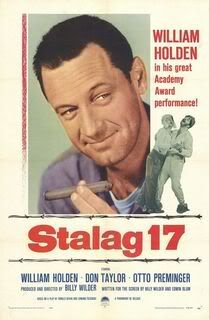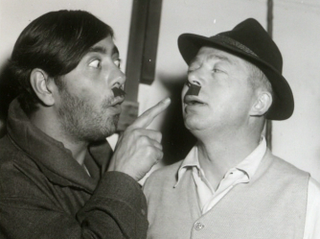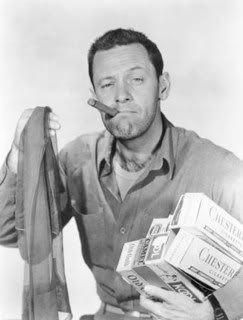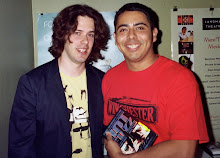


Here we go.





$7 Popcorn
1 Minute Film Review
100 Films
1,416 and Counting
353 Haiku Movie Review
5th Row From the Screen
Anchorwoman In Peril!
Because I Saw the Film
Big Mike's Movie Blog
Black Hole DVD Reviews
Blog Cabins
Boast
Bohemian Cinema
Champlain Motion Pictures
Cinema Fist: Film to the brain...
Cinematic Passions
Cinexcellence
Coosa Creek Mambo
Counting Down the Hours
Crack of the Whip
Critical Mass Reviews
Daily Film Dose
Dave's Blog About Movies and Such
Dave's Movie Reviews
DC Girl @ the Movies
Diary of a Mad Film Fan
Doodad Kind of Town
Eternality @ Filmnomenon
Evil on Two Legs
Eye Candy
Fataculture
Faux Nixon
Ferdy on Films
FilmArcade.net
Film Babble Blog
Film-Book dot Com
Film for the Soul
Final Girl
Friend Mouse Speaks
From the Front Row
Getafilm
Gina Faust, Movie Maven
How to Buy and Maintain Your Chainsaw
Insight Into Entertainment
Intermission at Work
Invasion of the B Movies
Its A Mad Mad Blog2
Joe's Movie Corner
karlhungus.com
Lair of the Green Knight
Lazy Eye Theatre
Listen, Are you listening?
Matte Havoc
Movie Dearest
MovieZeal
Movie Reviews (such as they are)
Rachel's Reel Reviews
Radiator Heaven
Random Ramblings of a Demented Doorknob
Reel Whore
Rick's DVD Picks
Row Three
Sarahnomics
SciFiDrive
Sizzling Popcorn.com
Soiled Sinema
Soundtrack Geek
Spaghetti Sauce and Sweet Peas
StinkyLulu
Storywh0re
Sunnyside Kitchen
Talking a Lot Without Ever Really Saying Anything
The Center Seat
The Critical Critics
The Fantastic Adventures of Furious D
The Film Fiend
The Flick Chick
The Long Take: Uninterrupted Cinema
The Moon is a Dead World
The Movie Fanatic
The Moviezzz Blog
The Reel Ninja
The Rocket Video Blog
The Rub: Movie Reviews
The Screening Log
The Spoon
The Uranium Cafe
This Distracted Globe
Tractor Facts
Trash Aesthetics
Tricky Movie Trivia
Unheralded
Watch It
Where the Long Tail Ends
Zola's Movie Pic's
2 comments:
To bring the conversation back full circle, George Clooney is the new William Holden then, right?
Only because he doesn't do enough action. If he did, he would be the new Steve McQueen.
Post a Comment